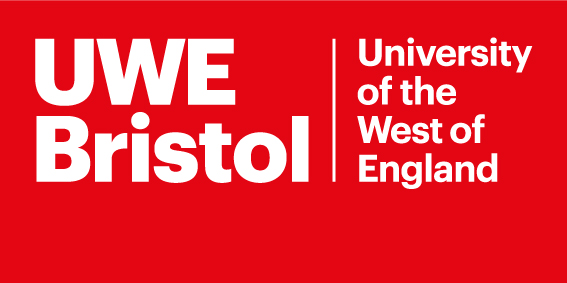Davies, Clayton (2019) PHAEDRUS: Using Gadamer's interpretive phenomenology to examine the pedagogy of Business Schools. UWE https://researchdata.uwe.ac.uk/id/eprint/408/
Brief summary of project
This research project is a demonstration of how the interpretive phenomenology and hermeneutics of Hans Georg Gadamer can be applied to the study of business pedagogy. As this is a phenomenological study it starts with the contextualisation which is a necessary to establish how key factors in the evolution of business in general and business pedagogy in particular have informed the positionality of the researcher. Set against the re-positioning of business in a societal context as economic activity shifted significantly from traditional industries to a knowledge based service economy, the enquiry identifies the parallel evolution of business pedagogy from vocationally oriented colleges into the tertiary education sector as an issue that merits analysis. Starting from the position that epistemological congruence between key stakeholders, students, academics and employers is one measure of the effectiveness of business pedagogy in the higher education sector the research uses an operationalisation of Gadamer’s hermeneutics as an informing methodology. Describing in detail how this was applied and facilitated through the use of hermeneutic circles that utilised an asymmetric process of reflection on texts that explicitly addressed epistemic congruence, the project unfolded and developed into a demonstration of how phenomenological enquiry can be used in practice. The analysis of this material and the reflection on the discursive and interrogative process revealed unexpected themes and essences that altered the original perception of what would constitute a valid congruence of epistemic boundaries. The expected agreements through discourse or fusion of horizons amongst participants did not take the expected form and the analysis of the material uncovered thematic concerns common to students, academic and employers that have implications for the shape, intent and development of pedagogy in the business academy. Underpinning all of these is the challenge of complexity and the need for transparency and honesty amongst stakeholder groups to develop an effective pedagogy to effectively manage this. A key issue for Business Schools teaching is the fragmentation of subject disciplines which has the effect of making a unified response to the emerging needs of stakeholder groups problematic. Reflecting on the unfolding of the research the criticality of ethical honesty and acknowledgement of positionality of the researcher are identified as fundamental to the effective use of phenomenology as a research technique. The next steps in the development of this methodology will be threefold. Continuing the enquiry into pedagogy through the medium of voluntary discourse amongst those who participated in the research by using an anonymised asymmetric discussion forum. With further work on how the reflective techniques used by a practitioner of Gadamer’s hermeneutics can be used to enhance the process of facilitation. Finally the use of this iteration of interpretive phenomenology to conduct a small scale enquiry into the how a phenomenological perspective can re-contextualise business and its relationship to society.
| UWE College/School: | College of Business and Law |
|---|---|
| Creators: | Davies, Clayton |
| URI: | https://researchdata.uwe.ac.uk/id/eprint/408 |
| Data collection method: | Interpretive Hermeneutics |
| Resource language: | English |
Explore Further
Read more research from the creator(s):
- Davies, Clayton
Read publications using this data:

